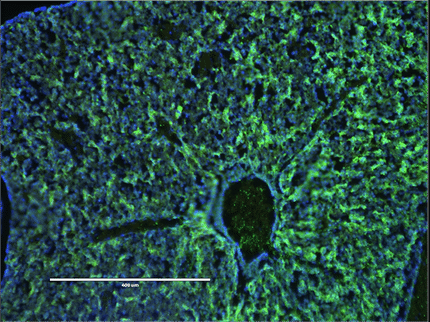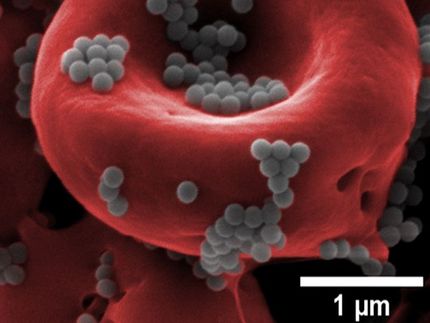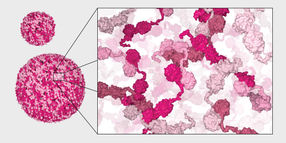Nanotechnology based gene editing to eradicate HIV brain reservoir in drug abusers
Advertisement
Opiate abuse is a significant risk factor for HIV infection, and in combination they can have a devastating effect on the brain. Scientists at FIU Herbert Wertheim College of Medicine (HWCOM) are studying new therapies that can short-circuit HIV infection and mitigate the damaging effects that opiate addiction has on the central nervous system.
The ambitious $3.5 million five-year study, funded by the National Institutes for Health is now underway and will be completed b7 2021. Researchers hope the work will lead to lead to a multi-purpose platform for drugs targeting a variety of other difficult to treat diseases such as amyotrophic lateral sclerosis (ALS), Alzheimer's, Parkinson's and Huntington's diseases.
The Institute of Neuro-Immune Pharmacology at HWCOM, led by Chair and Associate Dean of the Department of Immunology Madhavan Nair, is teaming up with Kamel Khalili, chair of the Department of Neuroscience at Temple University, and the Comprehensive NeuroAIDS Center at Temple University's Lewis Katz School on a new study that will combine Khalil's gene editing strategy using nanotechnology with Nair's work to help opiate users with HIV.
Despite significant advances in anti-retroviral therapy (ART), which is used to treat HIV patients, ART is unable to penetrate the blood brain barrier (BBB) after systemic administration. In addition, the elimination of HIV from the central nervous system and peripheral reservoirs remains challenging due to the HIV genome's ability to integrate itself into the host genome.
But advances in nanotechnology have expanded the possibilities for novel drug delivery systems that can cross the BBB to recognize and eradicate HIV in the brain. Nair and other scientists from the Institute of Neuro-Immune Pharmacology at HWCOM have combined nanotechnology with magneto electro nanoparticles (MENPs) as externally field triggered/controlled drug carriers that offer the unique capability of low energy and dissipation free on-demand drug release across the BBB.
Nair's MENP drug-based delivery system is now the basis for the partnership with Khalili, who developed the Cas9/gRNA system; a genetic engineering tool that has shown great promise in finding and destroying copies of HIV that have burrowed into the host's genome.
The partnership will use Cas9/gRNA to eliminate entire integrated copies of the HIV genome from the host chromosome with the MENP drug-based delivery system.
"This is the first time that we are sending medicine to the brain that will eliminate latent HIV as well as deliver a morphine antagonist (methylnaltrexone) across the BBB in a non-invasive manner to protect neurons from morphine induced neurodegenerative effects," Nair says. MENP is non-invasive and fast-acting, and this newly created multi-disciplinary approach will also introduce unprecedented 3-D diagnostic views and allow clearance of the nanoparticles from the brain to the periphery by reverse external magnetic force once the cargo has been delivered.


























































